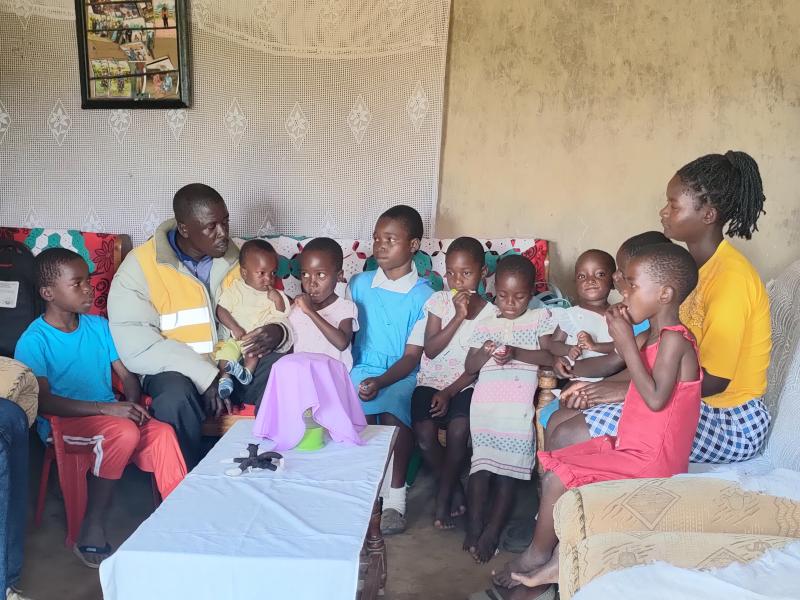×
The Standard e-Paper
Home To Bold Columnists

Fredrick Onyango, a beneficiary of early childhood development empowerment program called ‘Strengthened Partnership for nurturing care with his family in Ugunja, Siaya County. [Nanjinia Wamuswa, Standard]
Fredrick Onyango has for many years believed that caring for children is the sole responsibility of mothers and a father’s role is to provide for the family.